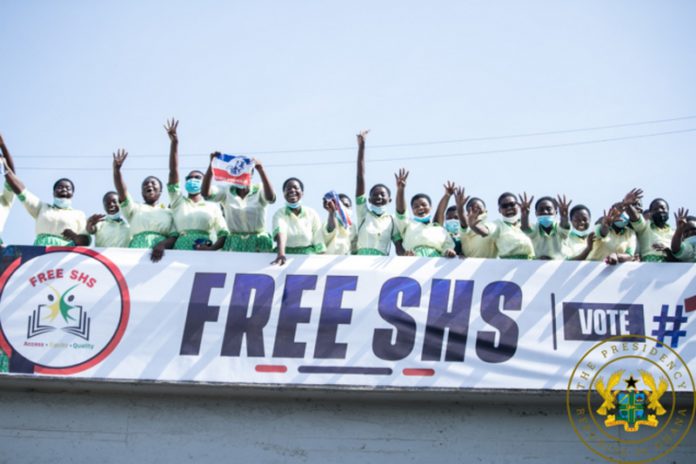An open letter to the Minister of Education and all presidential candidates
In May 2023, I studied trends on literacy levels in Ghana since the beginning of the Fourth Republic, in January 1993.
I was stunned to discover that, viewed over the period, literacy levels had not followed a rising trend. Indeed, literacy levels had dropped significantly in the tailing off year.
What is also obvious from publicly available data, is that budgetary allocations to education shot up astronomically on account of Free SHS (FSHS).
So baffling were the trends to me that when I did speak publicly, I read the data but said I did not fully understand it.
Since then I have tried hard to understand why significant reported increases in enrolment numbers are not translating to step changes in literacy levels in Ghana. We are still lagging behind countries like Zimbabwe, even after that sister country’s reported and repeated crisis.
I have deliberately not cluttered this posting with numbers. But it is also true we are woefully inadequate on data on our society.
Given the resources, the Ghana Statistical Services (GSS) does a great job. The census reports and reports on trade vulnerability reports bear testimony to this. But resources are scant. Ghana is broke.
In 2023, I tried to study 16 trends over 30 years of the Fourth Republic.
These were variables like: the growth in the number of churches and sizes of congregations; consumption of beer/ capita; consumers’ spend on wigs; toothpaste, soap, milk, bread consumption and so on.
I also wanted trends on dwell times of cadavers in our mortuaries, and how much of our refrigeration capacity they consume.
Finally, I wanted objective data on cycle times of case resolution in aggregate at all levels of our court system.
The GSS could give me 4 out of the 16 variables requested. Inflation, open defecation rates, literacy levels and GDP growth were readily available. Not the rest.
But for contacts in the private sector that stepped in to rescue me on consumer goods trends, I would have been stranded. Many checks with government agencies yielded nothing. There was no single place to go to.
We shall come to that problem another day. I have made the suggestion a number of times that it will serve us well to study the operations of the Shanghai Data Exchange.
Going back to education, I read an illuminating speech given by Mwalimu Julius Nyerere on June 4, 1996. It focused on education. Mwalimu’s critique stimulated me to try to get a different lens on FSHS.
Who can give us answers to these questions on trends since FSHS started in 2017?:
1. With increased enrolment numbers, how have class sizes evolved? Is this an acceptable proxy for quality of education?
2. How has the student/teacher ratio evolved?
3. What are the trends for the number of students per computer?
4. What are the protein intake levels per student trends?

In response to what these anticipated responses may be, it is important to gauge how the petite-bourgeoisie has adapted to what it perceives to be the quality trends.
Are we inadvertently creating a deep-class society? With all its attendant dangers?
Therefore, it will also be useful to know:
5. How has intake into private secondary schools evolved?
6. What number of people below the age of 55 that attended Tier 1 public secondary schools in Ghana, and who earn more than $1000/month, sent their children back to the same schools?
I make no a priori assumptions. The path of integrity and the facts must lead us where they will.
Hopefully, before the rains and floods come to Accra again, and before we all complain and act surprised at this annual ritual, the media may take more interest in the education debate.
And when the Presidential candidates have decided which mate or bookman deserves another chance, by being promoted to driver, they may tell us how they plan to improve our educational system. In ways that yield high-quality results.
Until then, as a true Ghanaian, I leave you in God’s hands. And as a true Achimotan, I say: “Hail Gordon Guggisberg!, long may he be thanked!” For what, I do not know.
Yaw Nsarkoh,
20 February 2024.

